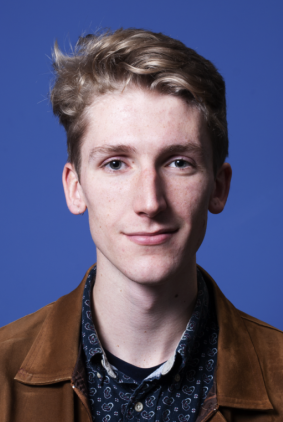I’m finally done with exams, and that means I’m done with my undergraduate degree. I still can’t wrap my mind around how quickly these three years went by. I heard it from other people, and you’re hearing it from me, but it’s one of those things you can’t understand until you experience it. I guess you could say it’s a posteriori, not a priori knowledge. (That was an attempt at relating this to Philosophy. Did it work?) Even though I’m done with this degree, I’m going on to pursue a Master’s in September, so I’m not entirely done with academia yet. I’ll be starting a new year of university, just like all of you.
There have been several great summer days in Bristol, and then some frustrating days with an unnecessary amount of rain and wind. Still, the city is beautiful, and ready for new students. I think that getting here initially was a bit daunting, especially as an international student, but this has been a truly incredible experience. When you get to Bristol, explore the city and find out all it has to offer you. Go to your classes. Talk to your Professors. Go to departmental seminars and talks that interest you. Join some societies. Don’t worry about stuff like finding friends, because I promise that you will find your people.
Philosophy has so much to offer you. I have sat through Logic, wrestled with Heidegger, explored Black Philosophical Thought, Religion, engaged in a wonderful course that explores Death, Dying and Disease, and that’s not even the entirety of what was available to me as a Joint Honours student. There is so much within Philosophy, and you can pretty much get into anything you’re interested in. If there’s anything the course misses out, you can always get to it in your extended essays, where you get to write about anything you want. I hope you’re excited about the course, because you should be. I wish you the very best of luck in what is yet to come. I hope you all enjoy Bristol as much as I did. 🙂
Vanessa 



